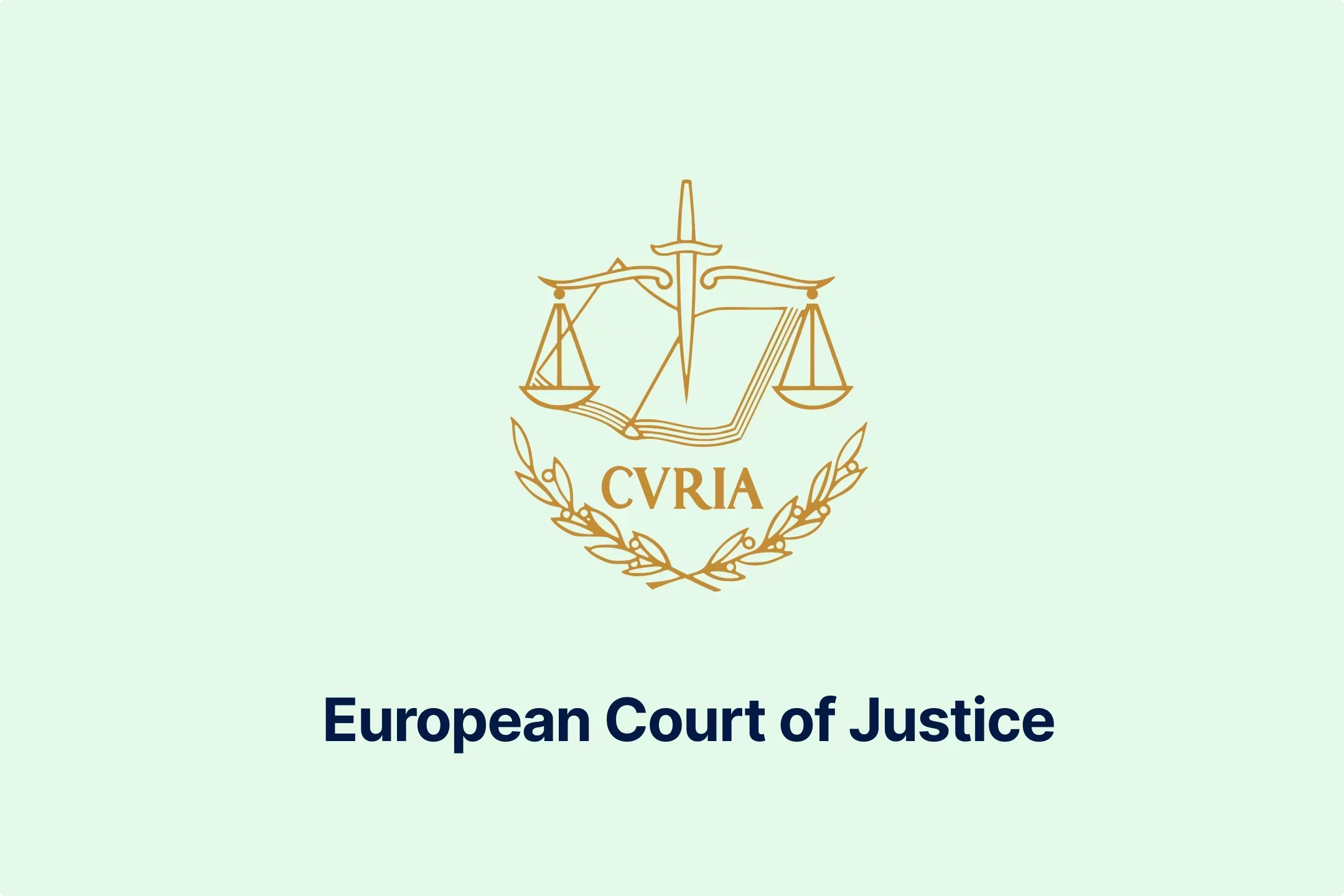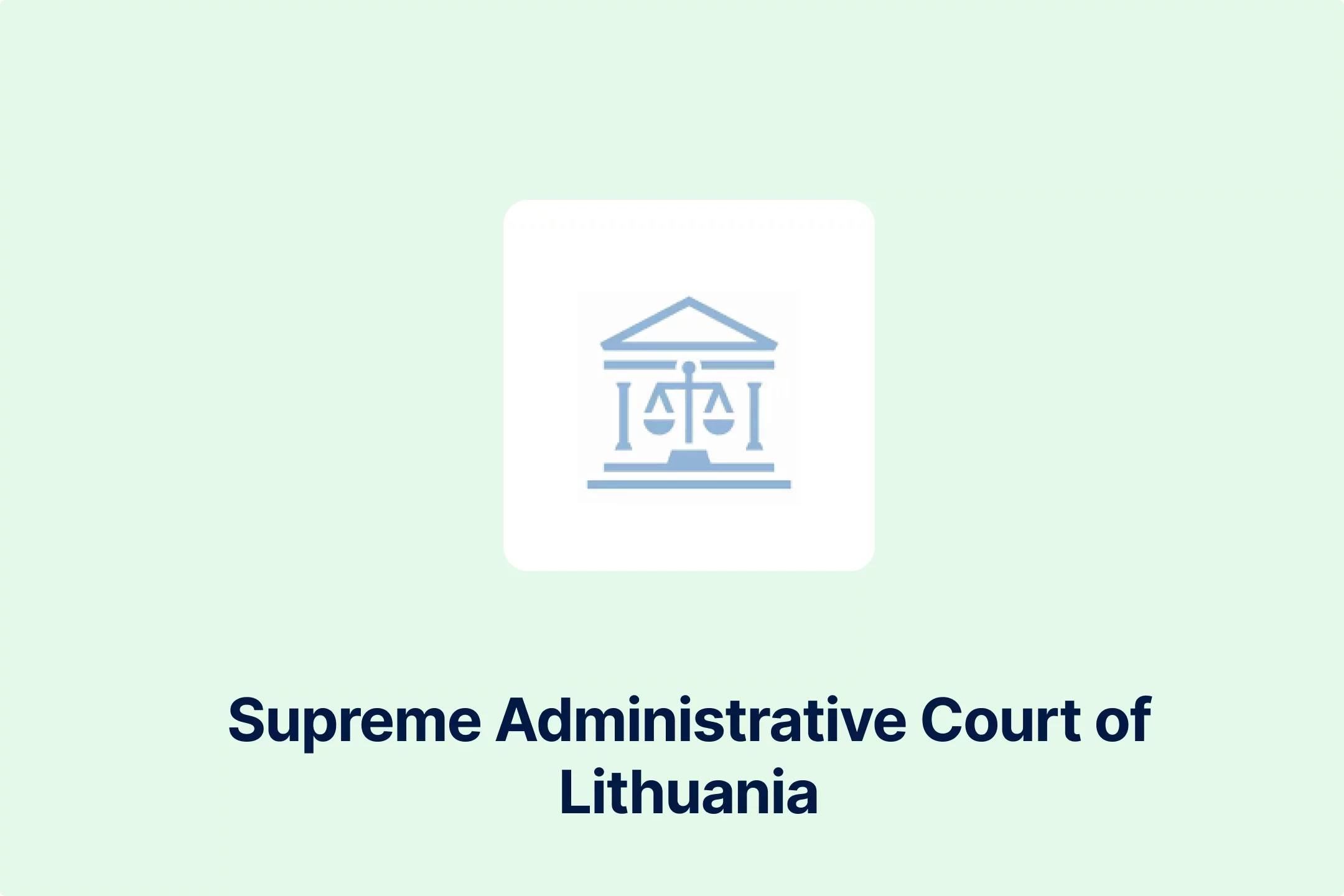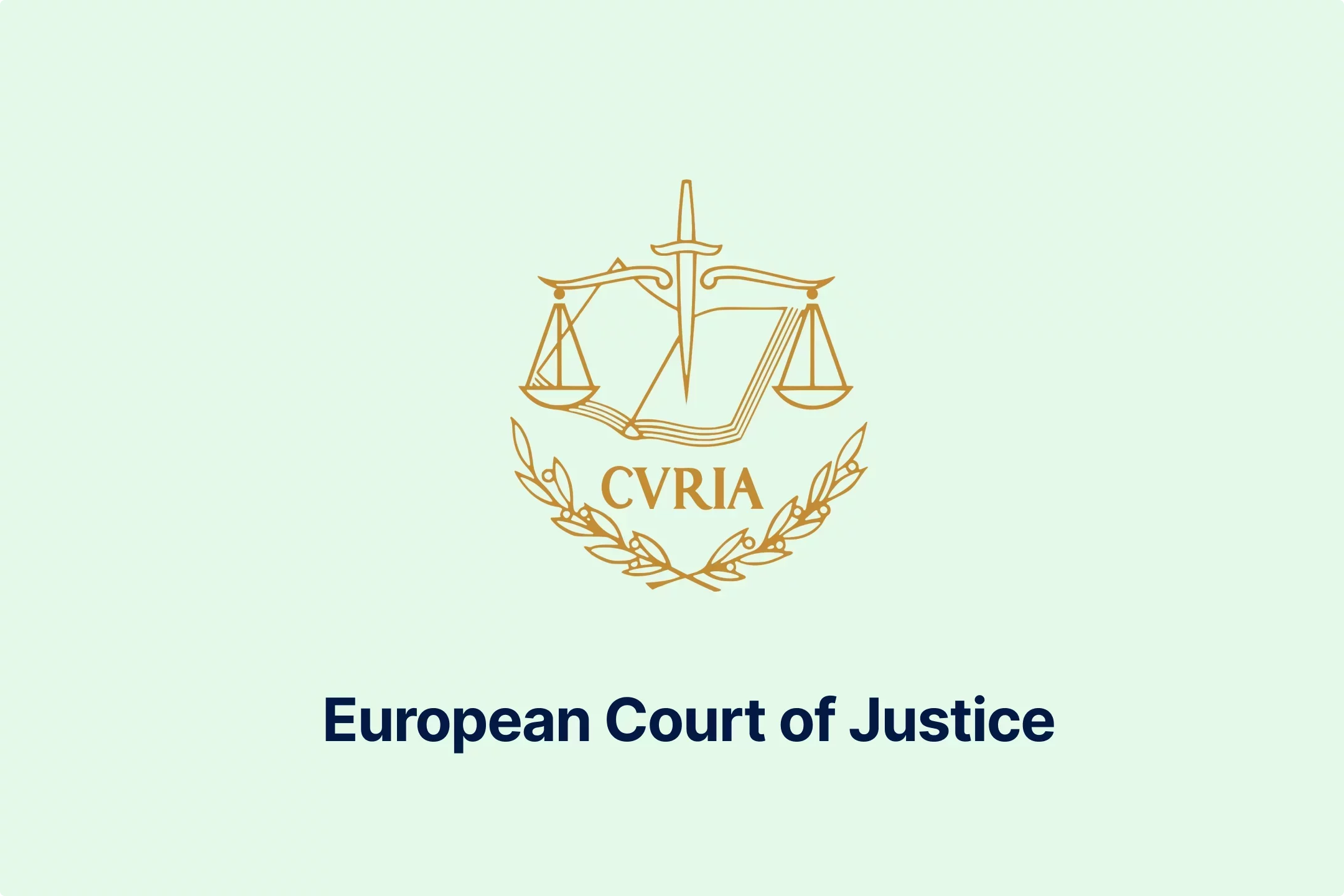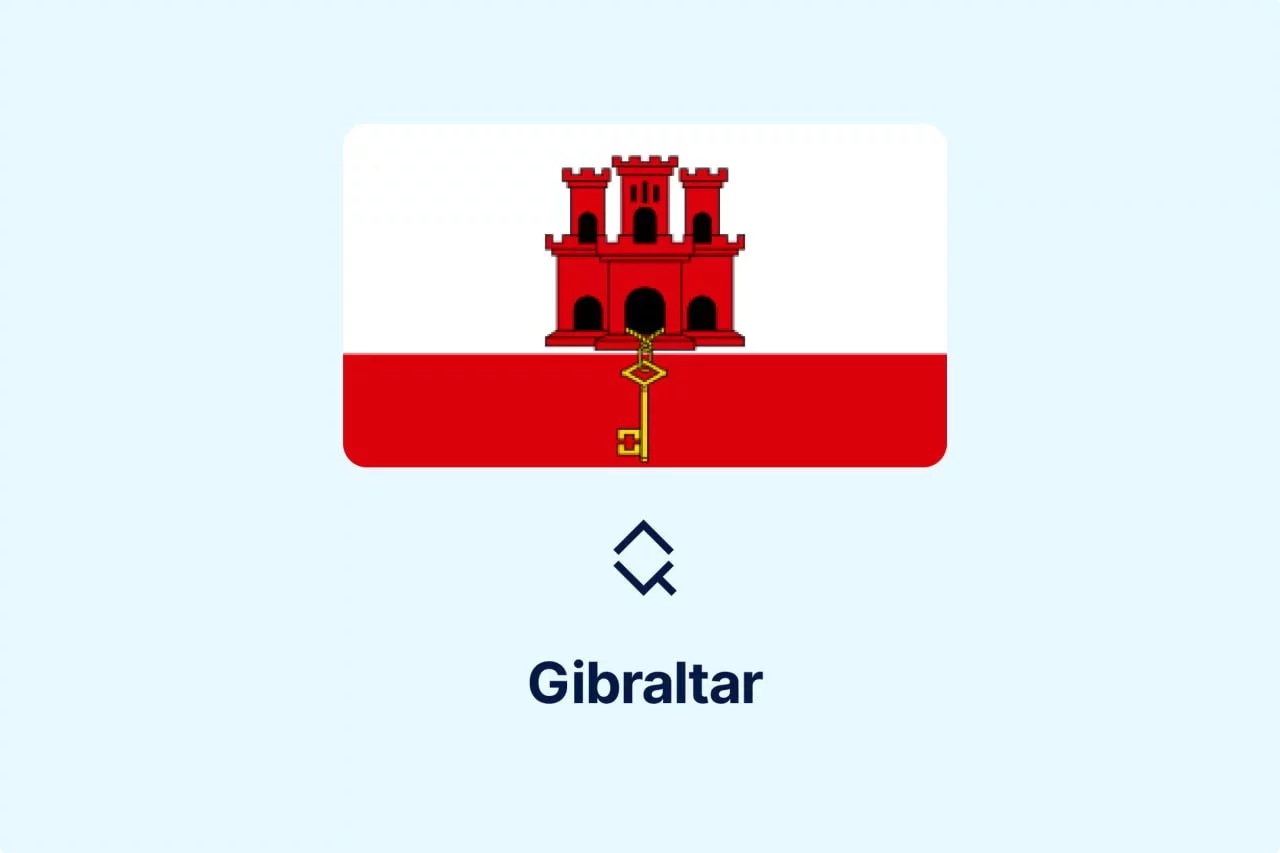EU VAT Derogations: 2025 Report Highlights Imbalance
-69rzooghib.webp)
On October 2, 2025, the European Commission published a report on the VAT rates derogation applied by EU countries. The report provides a detailed overview of how these special VAT rules are distributed and utilized across countries, revealing a concentrated distribution in just a few countries. Besides providing data on EU countries, the reports also include analysis on how these measures are represented in various sectors and industries.
Key Insights From the Report
The results of the analysis show that of the total 64 permanent derogations, three EU countries account for around 75% of all cases. Those countries are Luxembourg, Ireland, and Italy. The remaining derogations apply in Malta, Cyprus, Greece, France, Portugal, Spain, and Austria. The results clearly indicate the imbalance in how national exceptions are used across the EU.
Additionally, a total of 54 transaction types are affected by these derogations. Notably, more than 90% of all derogations concern either super-reduced VAT rates, which are below 5%, or parking rates, typically set between 12% and 14%. Based on the data, it is apparent that most EU countries use these exemptions to support socially or economically sensitive sectors rather than applying entirely zero-rated treatment.
Regarding sectors, the report highlights that the housing and construction sectors represent the largest share of all derogations, with around 30% of all derogations being applied in those sectors. This shows the EU countries' policies focus on affordable housing and renovation. Other industries that stand out include culture, tourism, public services, food and hospitality, and financial services, which collectively account for around 40%. The third group of industries, such as agriculture, animal welfare, and broadcasting, is affected to a lesser extent.
The report also highlights that seven EU countries have applied a total of 33 derogations to goods and services, with Luxembourg accounting for 45% of these. Ireland remains distinctive in applying zero VAT rates to specific items, such as children’s clothing and maritime services. Italy, Cyprus, France, Spain, and Greece are EU countries that maintain super-reduced VAT rates between 2.1% and 4% under similar conditions.
Conclusion
While the 2022 VAT reform aimed to create a fairer and more flexible framework for reduced VAT rates, the report reveals that in practice, the use of these derogations remains highly concentrated in two key parameters. On one hand, Luxembourg, Ireland, and Italy alone account for three-quarters of all permanent derogations. On the other hand, EU countries used these derogations primarily for the housing and construction sectors.
The uneven distribution raises a critical question about the balance between national fiscal autonomy and the EU’s commitment to a harmonized tax system. Nevertheless, the findings will serve as a key reference for the upcoming reassessment of Annex III to the VAT Directive. Consequently, the result could guide potential future legislative updates on VAT rate structures at the EU level.
Source: EUR-Lex

Featured Insights

Burkina Faso FEC E-Invoicing Mandatory July 2026
🕝 February 24, 2026More News from Europe
Get real-time updates and developments from around the world, keeping you informed and prepared.

EU Law Primacy in VAT: ECJ Rules on Hungarian National Practice

Appstore VAT Ruling: Who owns your In-App Purchase tax? C-101/24

VAT Treatment of EU-Funded Projects for Non-Profit Associations

Right to Deduct VAT on Fixed Asset Reconstruction: Court Ruling
-7xsxxoypnx.webp)
Italy’s EUR 1 Billion VAT Dispute with Meta, X, and LinkedIn Explained
-l0zcrrzvhb.webp)
EU 5% Digital Service Tax Could Generate EUR 37.5 Billion: CEPS Study

Restrictions on VAT Deduction: Key Legal Cases & Compliance Insights
-qsozqjwle2.webp)
EU Parliament Approves ViDA: VAT Reforms & Digital Tax Compliance

-e9lcpxl5nq.webp)




-zzrhegqsyq.webp)

-ulcnia30z1.webp)



-3rcczziozt.webp)

-rvskhoqpms.webp)




-a5mkrjbira.webp)

-ivkzc1pwr4.webp)




-hssrwb5osg.webp)



-c06xa1wopr.webp)









-webajrr4ny.webp)
-evibmwdwcn.webp)
-7acdre0hop.webp)

-lcgcyghaer.webp)
-ol6mdkdowg.webp)
-aqdwtmzhkd.webp)

-njgdvdxe2u.webp)



-i6rki3jbad.webp)
-hdwgtama05.webp)

-atbhy5fyxv.webp)






-zp2n6zixoa.webp)
-oa1ynbm4sn.webp)

-lltkno6txy.webp)



-do38odrqnq.webp)

-t409oldqzt.webp)

-hordopb6xh.webp)

-ooimnrbete.webp)

-lwb5qpsily.webp)


-eumafizrhm.webp)

-mtqp3va9gb.webp)

-3ewrn1yvfa.webp)
-591j35flz2.webp)

-huj3cam1de.webp)


-hafis0ii23.webp)

-qseaw5zmcy.webp)



-qzsah2ifqx.webp)

-wrvng98m0g.webp)


-psucycuxh2.webp)
-klyo8bn5lc.webp)




-6wv5h5eyyd.webp)
-tfgg78rbid.webp)
-a6jpv9ny8v.webp)
-qhdbapy0qr.webp)

-owvu7zoc13.webp)


-h28jrh1ukm.webp)

-wl9bl1rw3a.webp)

-2w76jtvtuk.webp)

-c0uvrmrq9j.webp)



-pofe7ucwz3.webp)



-5cc23ezxyf.webp)
-rrmabbekeb.webp)







-iyyeiabtaf.webp)
-c8rbjkcs01.webp)
-nilkffjhah.webp)

-hikakq55ae.webp)

-z1d60bldtg.webp)
-d1a0q6n7mp.webp)
-viip8nvoeh.webp)
-bvv1otliox.webp)



-de8hdb1bn3.webp)

-cm0opezg73.webp)
-0tovsdupmi.webp)
-subxdamdj6.webp)


-gly6ablwnh.webp)
-gkduqhwbzh.webp)
-qpe1ld9vcj.webp)
-8noukwsmba.webp)
-aka29tuhkt.webp)


-fisvs27yrp.webp)


-mp0jakanyb.webp)

-aivzsuryuq.webp)



-o7f4ogsy06.webp)

-zjja92wdje.webp)
-hrbhdts8ry.webp)
-qtdkwpgkug.webp)


-cf8ccgah0p.webp)
-0em3cif5s6.webp)






-ptzesl0kij.webp)

-tfzv42pyms.webp)







-uodv7sfbih.webp)
-bbrdfmm9qf.webp)



-m2tl8crfqr.webp)




-1awbqjgpjs.webp)
-avbjsn1k1g.webp)


-0h8ohkx6s0.webp)



-wfmqhtc7i6.webp)
-7wljbof2zo.webp)

-eqt97uyekl.webp)
-wzw9mcf563.webp)

-z4oxr6i0zd.webp)




-fhtic1pwml.webp)

-iipdguuz9p.webp)
-nkhhwrnggm.webp)
-pltqwerr3w.webp)

-nn6mtfbneq.webp)

-tmnklelfku.webp)



-8z1msbdibu.webp)
-7g16lgggrv.webp)



-lxcwgtzitc.webp)
-9mc55kqwtx.webp)


-xla7j3cxwz.webp)
-jrdryw2eil.webp)





-t9qr49xs2u.webp)


-qjopq5jplv.webp)



-vune1zdqex.webp)

-rgjta7iwiv.webp)

-zb6bxxws47.webp)
-lyfjzw4okp.webp)

-ogpfmol5m1.png)


-czisebympl.png)

-zetvivc79v.png)
-ud7ylvkade.png)
-qizq6w2v5z.png)







-ihr6b4mpo1.webp)
-k1j4au0ph6.webp)
-swxxcatugi.webp)


-ig9tutqopw.webp)

-tauoa6ziym.webp)

-spr0wydvvg.webp)
-xfuognajem.webp)





-u2nv5luoqc.webp)








-opuxpan2iu.webp)




-kwttsfd8ow.webp)
-8u14qi10nj.webp)

-wjpr96aq5g.webp)

.png)

.png)


.png)


.png)



.png)
.png)
.png)
.png)
.png)

.png)
.png)




.png)
.png)




































































































































